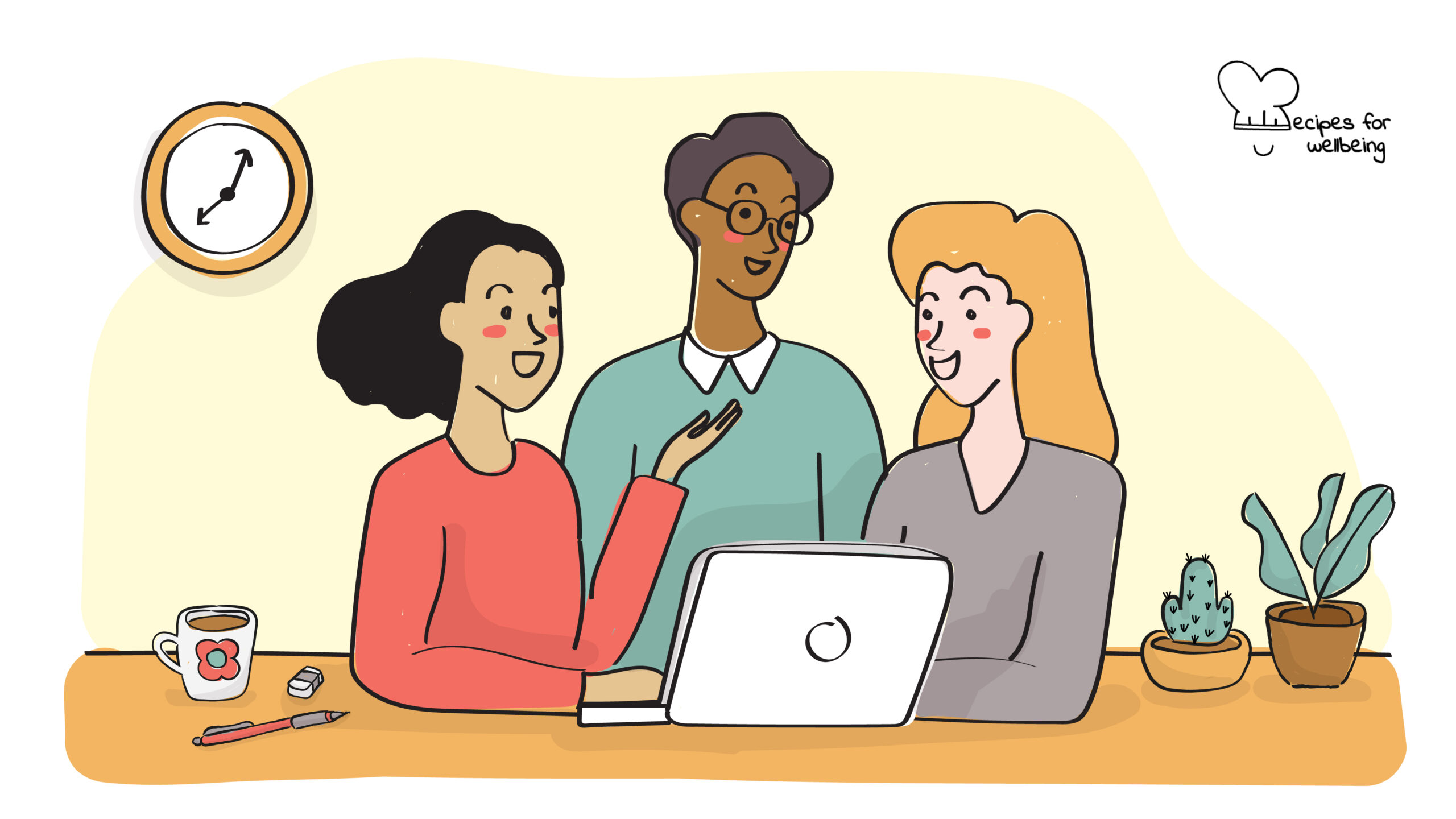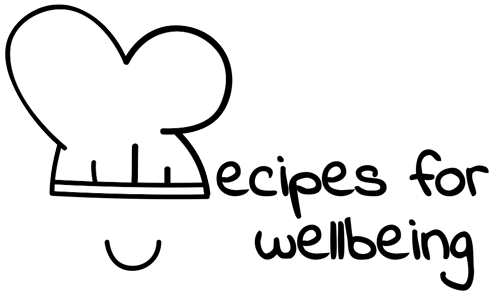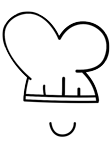
Organisations as inquiring systems
Strategic questions create a resonant field into which your own thinking is magnified, clarified, and new motion can be created. ―Fran Peavey
👥 Serves: 11-25 people, 2-10 people, 26-40 people, 41+ people
🎚 Difficulty: Medium
⏳ Total time: 31-60 minutes
🥣 Ingredients: “The Art of Powerful Questions” booklet by Eric E. Vogt, Juanita Brown, and David Isaacs
🤓 Wholebeing Domains: Community, Liberatory Learning, Radical Care
💪 Wholebeing Skills: Challenging, Community-building, Creativity, Curiosity, Hosting conversations, Inquiry, Openness, Reflection

Organisations as inquiring systems
📝 Description
Questions to assess your organisation’s capabilities.
Many workers spend hours upon hours in meetings that drag on endlessly, often feeling they were a total waste of time. How come? Often, this has to do with the fact that the conveners of the meeting fail to ask engaging questions. In The Art of Powerful Questions, Eric E. Vogt, Juanita Brown, and David Isaacs point out that “The usefulness of the knowledge we acquire and the effectiveness of the actions we take depend on the quality of the questions we ask. Questions open the door to dialogue and discovery. They are an invitation to creativity and breakthrough thinking. Questions can lead to movement and action on key issues; by generating creative insights, they can ignite change.” How can we become better at asking powerful questions in our organisations? But first and foremost, how do we know if our organisation has the capability to ask powerful questions? Eric E. Vogt, Juanita Brown, and David Isaacs suggest a set of questions, which you can find below, to help you assess whether your organisation has the capability to be an inquiring system. This activity can be done individually or in your teams and we recommend setting aside some time to explore the questions without rushing it.
To find out more about Eric E. Vogt, Juanita Brown, and David Isaacs and their work, please visit www.communispace.com or www.interclass.com or www.theworldcafe.com.
👣 Steps
Step 1 – Ask questions (60’)
- To what degree do leaders in your organisation foster an environment in which discovering the “big questions” is encouraged as much as coming up with workable solutions?
- Does your organisation have rewards or incentives for members to work across functional boundaries to find challenging questions that create common focus and forward movement for knowledge creation?
- Do your leadership development programmes contain as much of a focus on the art and architecture of framing powerful questions as they do on techniques for solving problems?
- Do your organisation’s strategic planning processes include structured ways to discover the “big questions” that, if answered, would have real strategic leverage?
- What enabling tools or technologies does your organisation employ to “seed” itself with strategic questions that “travel well” and catalyse learning conversations both within and across functions?
- Does your organisation use collaborative technology tools to enable people on the frontlines to ask each other questions related to their daily work (i.e. customer service, equipment maintenance) and receive help with these questions from colleagues in other locations?
- Do senior leaders in your organisation see the process of strategy evolution as one that engages multiple voices and perspectives in networks of conversation?

